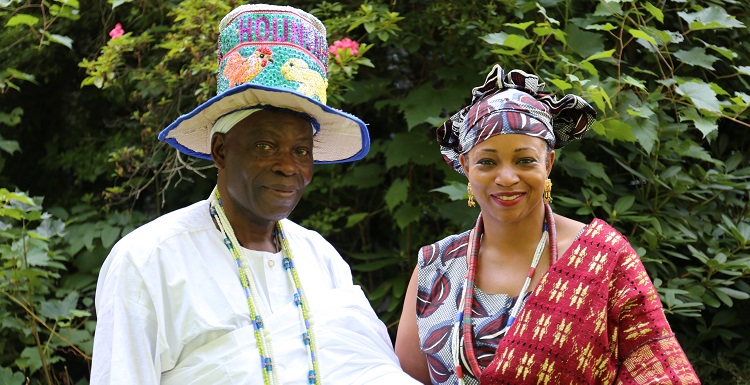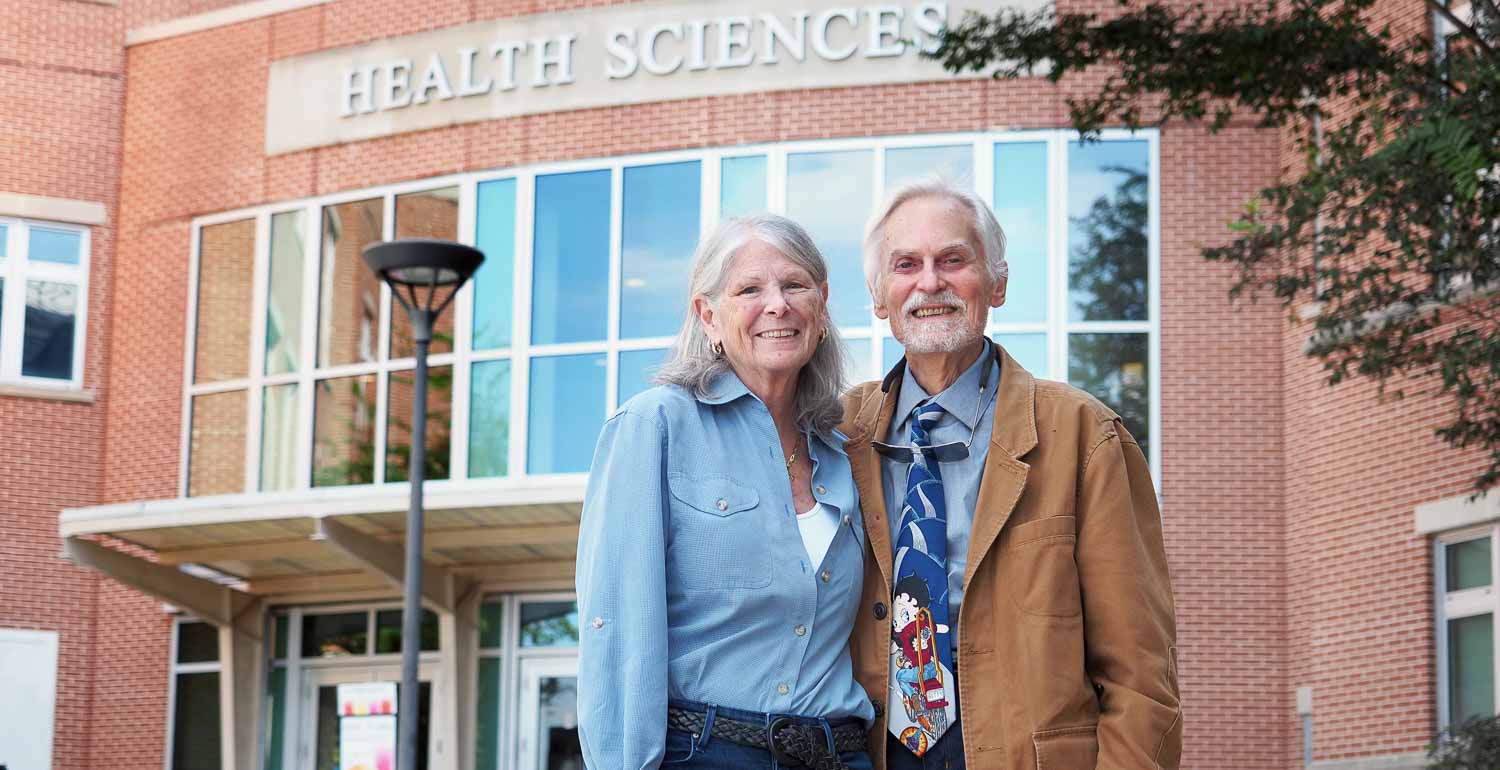West African Religious Leaders to Speak at South
Posted on June 14, 2019

In commemoration of the Juneteenth celebration and the recent finding in the Mobile Delta of the Clotilda, the last ship to bring enslaved Africans to the United States, the University of South Alabama will host a free lecture to discuss vodou, a traditional Afro-Haitian religion, and other African-based religious practices. The event will take place from 2-4 p.m., June 18 at the USA Faculty Club, 6348 Fincher Road.
Titled “Vodou Doesn't believe in God: The Geographer of Denial," the lecture will be with high priest and human rights activist Dowoti Desir, known as Queen Mother Dowoti Desir, the wife of Supreme Spiritual Chief of Vodun Hwendo, and His Majesty Dada Daagbo Hounon Houna II Guely. Both are religious leaders in the West African nation of Benin.
The lecture is sponsored by USA’s department of sociology, anthropology and social work, the Center for Generational Studies, the International Studies Program and the Global Engagement Certificate, in the College of Arts and Sciences, and the Office of Diversity and Inclusion.
As a high priest in Haitian voudou, Desir is spokesperson and ambassador to the Haitian Diaspora, the highest national authority of vodou in Haiti.
“The Maafa, which means ‘great suffering,’ speaks to the experience of slavery from the perspective of the victim, the enslaved African,” she said. “I examine how space, personal, spiritual and territorial of the African person is compromised by the Maafa and raises questions about the conflicting role of religious practice, Abrahamic and African-based faith traditions in the enslavement of Africans.” The discovery of the Clotilda and how the enslaved were captured and placed on the ship will also be discussed.
For more information, please contact Amber Turner in the USA’s department of sociology, anthropology and social work, at amberturner@southalabama.edu.



